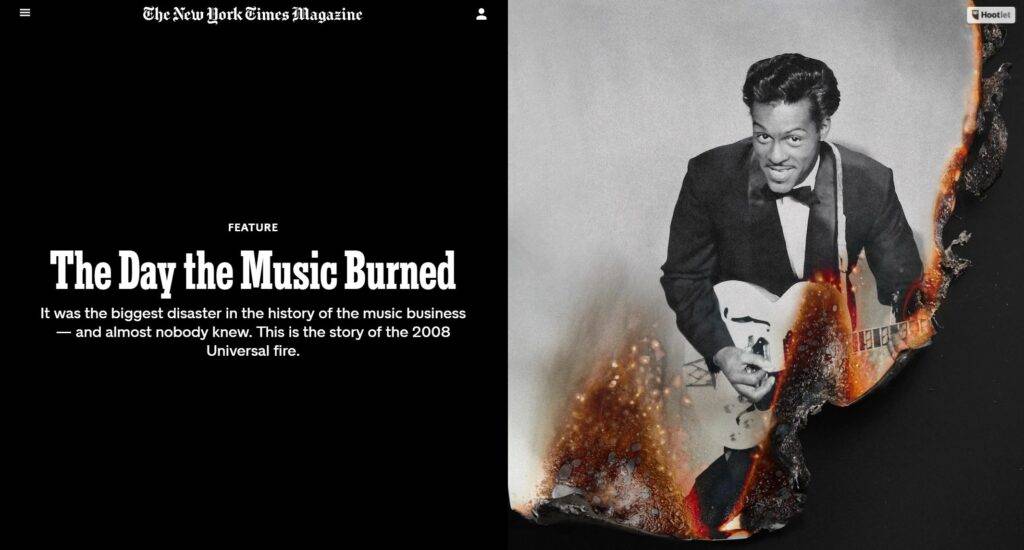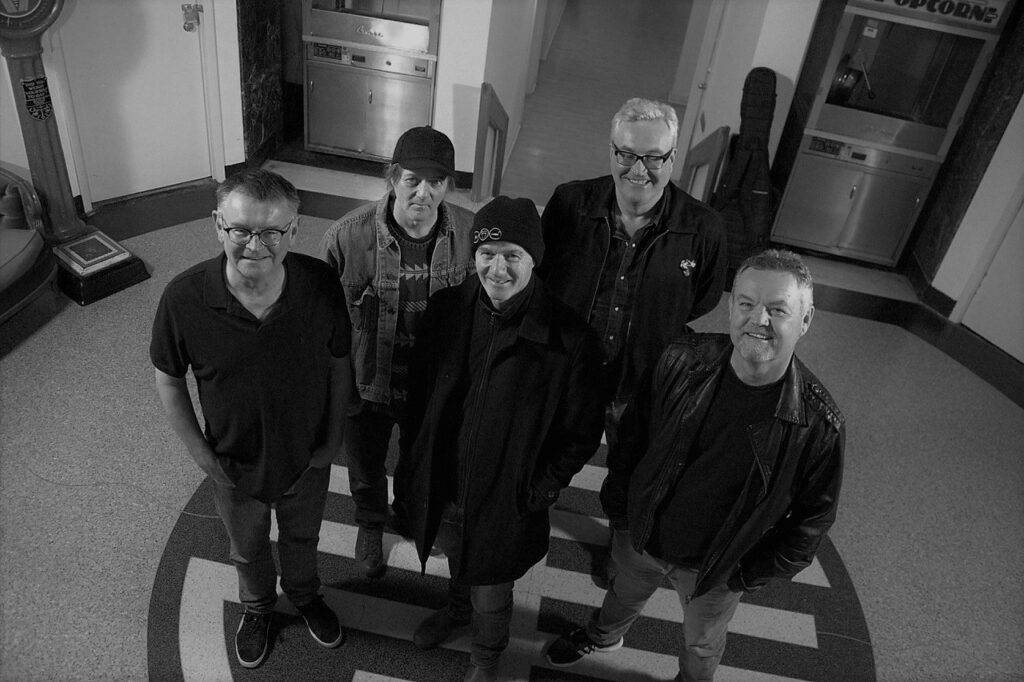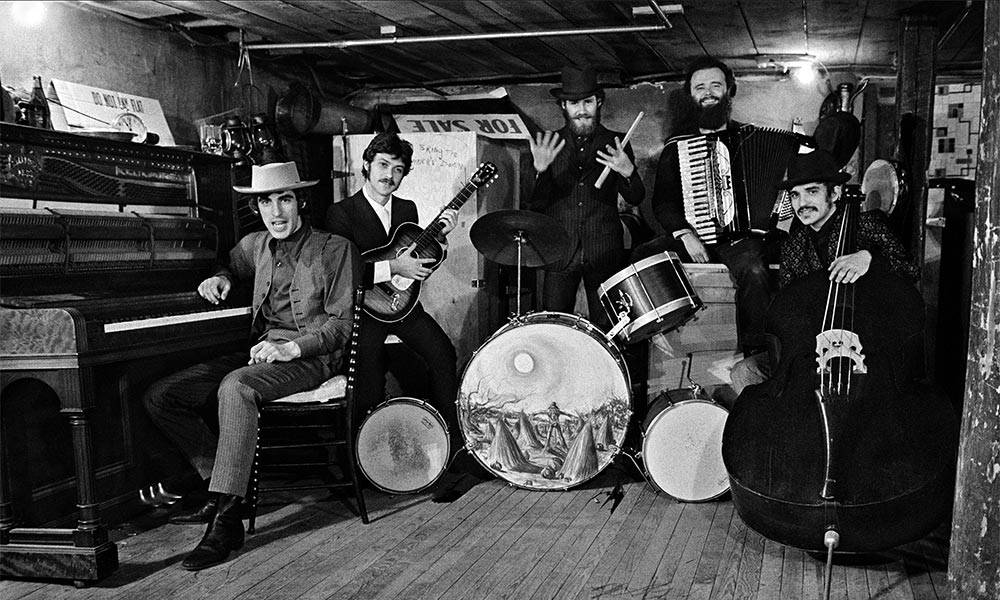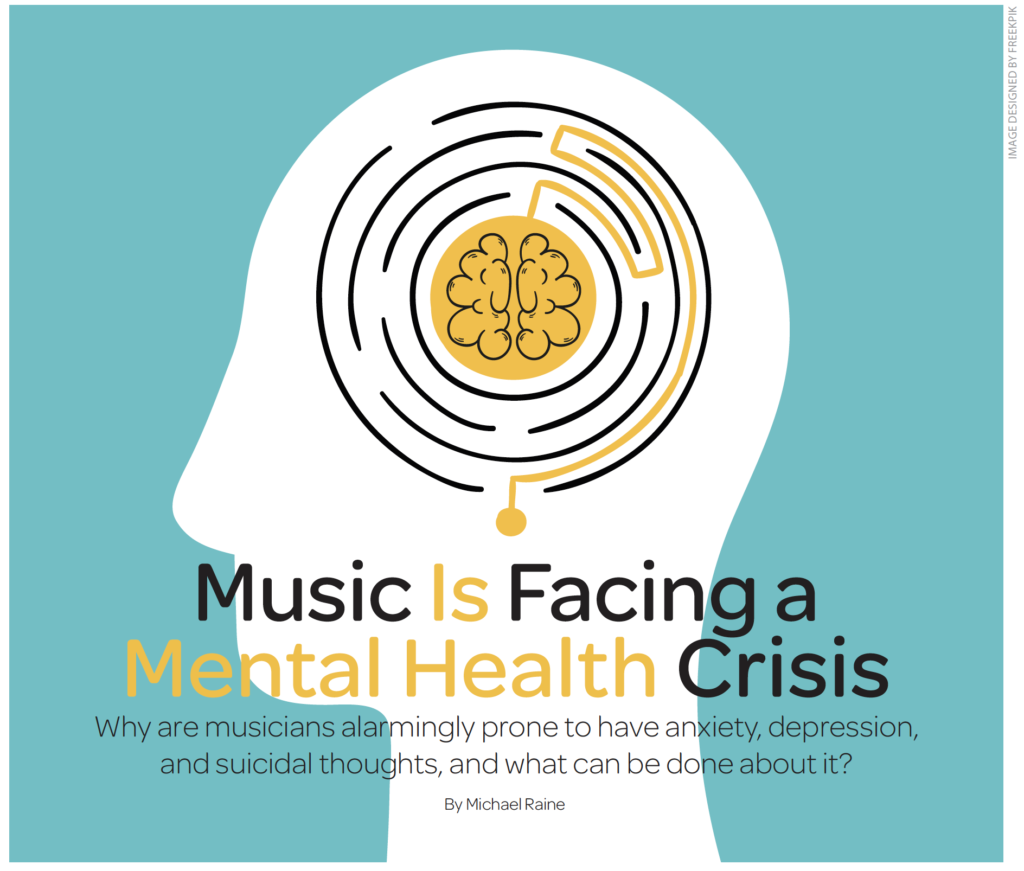
Kitchener Blues Fest hinges survival on ambitious lineup
After 18 years programming the Kitchener Blues Festival, Claude Cloutier is used to discordant sounds.
Not from the musicians he books, an eclectic lineup of pure blues acts and rock survivors from the ‘70s and ‘80s who never miss a note.
From festgoers who complain that the largest free blues festival in Canada isn’t living up to their lofty expectations.
“I get crucified on Facebook by the Blues Police,” laughs the easygoing artistic director, whose booking of nostalgic rock acts rubs purists the wrong way.
“There’s only five or six (rock acts). The rest are primarily blues and folk, folk rock and roots, so it appeals the blues people. But when I get The Box or The Pursuit of Happiness, that’s when the Blues Police comes out. They’re very vocal on Facebook.”
What do they say?
“‘Fire the guy who hired this band!’ or ‘You call this a blues festival?’”
He laughs, noting 70 per cent of this year’s content is blues-related.
“Mind you, I literally program the festival so you can see blues bands from Friday to Sunday, if you travel to the various stages. For some reason the purists focus on the bands they wouldn’t see anyways, when they could be watching blues all weekend.”
Blue Moon Marquee, Colin Linden, Johnny Rawls, Chris Beard, Annie Mack, Shawn Kellerman, Maple Blues Band and Brandon Santini are well respected names in blues circles, but won’t draw the massive crowds needed to support a festival of this size, especially in a hostile, post-COVID environment.
“We’re in a precarious situation,” confides Cloutier of the fundraising-dependent, sponsor-beholden, volunteer-run Bluesfest.
“All of our costs have gone up 20 to 30 per cent since the pandemic, across the board.”
“We’re at a point where we just can’t take it anymore. It’s not sustainable. And we can’t rely on government grants, because they’re tightening their belts as well.”
He sighs, aware of the public’s tendency to take things for granted, until they’re suddenly gone forever.
“I hear people complaining about beer prices when they’re watching a free show they would ordinarily pay $80 to go see,” notes Cloutier, noting the festival has only one ticketed show: its opening night blowout with blues rocker Colin James.
“If the community wants us to stay here, they’ve got to support the festival, give donations and come to the Thursday night (ticketed) show.”
“People will say ‘Oh, I don’t want to go. It costs too much money.’ Well that fundraiser helps support the rest of the free weekend.”
It’s no secret that in a world of post-COVID cutbacks, arts organizations have taken a big hit, with the K-W Symphony filing for bankruptcy last September and Kingston’s Limestone City Blues Festival shutting down operations that same month.
“We’re just rolling the dice, saying ‘OK, let’s hope things fall into place’ and that the weather is great,” says Cloutier, forced to cut his artistic budget by a shocking 25 per cent this year.
“We’re always on the threshold, a calamity away from a bad rainy weekend that could kill us.”
Asked if there’s a theme for this year’s festival, he laughs: “Stayin’ Alive!”
What helps push the festival into the black? Rock acts from the past, especially those with iconic anthems that propel people off their butts to relive their adolescence one more time.
Take The Kings, the Oakville rock band that’s 1980 party anthem “This Beat Goes On/Switchin’ to Glide” was a huge hit in Canada, charted on Billboard’s Hot 100 and landed them in the Canadian Songwriters Hall of Fame.
“We always knew it was a strong, catchy thing,” says guitarist John Picard, whose band joins a roster of veteran rock acts that include Matt Minglewood, Barney Bentall, The Box and The Pursuit of Happiness.
“We love playing it. We love getting reaction from people who love it so much.
“If you know anything about the music business, you know how hard it is to have even one hit, let alone an international hit as big as “This Beat/Switchin’. Not many Canadian bands have done that.”
Never mind blues. As a rock band conveniently (if incorrectly) classified as “new wave” in its early days for marketing purposes, the man whose stage moniker is “Mister Zero” understands the role of branding in determining musical fortunes.
“If they just get a bunch of blues artists, nobody’s going to come, because blues isn’t as big,” he points out.
“They’re just diversifying under the same banner, trying to pull in more people. If that involves rock bands, that’s what they have to do.”
While no one would mistake his power chord quartet for a blues act, the fact their biggest hit — described on allmusic.com as “one of the greatest two-fers in pop history” — defied convention by melding two songs into one indicates a spirit of improv that serves them well in a live setting.
“It didn’t sound complete,” says Zero of “This Beat Goes On,” which segues into “Switchin’” with the classic connecting line “Nothing matters but the weekend, from a Tuesday point of view.”
“It needed something to put it over the top.
“Radio tried to ‘Switchin’ To Glide’ on its own, but we kept saying ‘You’ve got to put in the segue! It’s over five minutes long, but it’s worth it.”
“That’s when the phone started to ring at radio stations, because it’s just so catchy. There’s a new little idea or hook every five seconds.”
The Cooper Brothers — the Ottawa-based country rock act that hit Billboard’s Hot 100 two years earlier — also built a career on the strength of one defining hit, “The Dream Never Dies,” with its quasi-spiritual refrain, “just the dreamer.”
“I was backstage at a Downchild concert a couple years ago and (comedian) Dan Aykroyd was there,” recalls Dick Cooper, who co-founded the band, wrote the song and will play it at Bluesfest with brother Brian and five other band members.
“Somebody introduced me and said ‘Dick wrote ‘Dream Never Dies’ and Aykroyd says ‘You wrote an anthem there, pal!’
It was on the strength of this Eagles-like rock tune (and several others) that The Coopers toured North America, opening for acts like The Doobie Brothers, Joe Cocker, Charlie Daniels, Atlanta Rhythm Section, McGuinn, Clark & Hillman and Seals and Crofts.
“It’s just kind of universal,” notes the band’s personable mouthpiece.
“It can relate to pretty much anybody. We just got a sh-tload of airplay in the States. It’s been in movies. Different people have recorded it. I think it’s the sentiment.”
The Coopers and Kings both lost founding members along the way — a drummer here, a guitarist there — but almost 50 years later both understand how a well-written single, played with proficiency, timed to perfection, can live forever.
“We did a gig with the Beach Boys a couple of years ago, and my wife says ‘You’ve got to be excited!’” relates Cooper.
“I go ‘Well yeah, but there’s only two original members. And she goes ‘Well, how many f — king original members are in your band?’”
He laughs. “I never thought about that, because it’s just me and Brian, and I went ‘Yeah, but we’re the brothers!’ And she goes ‘Yeah, whatever!’”
Despite the perception of blues as working class music from the sharecropping South, he insists bands like The Coopers and Kings stem from the same DNA.
“If there’s no blues, there’s none of this rock and pop anyway,” points out Cooper.
“It’s the foundation of the house. You’re going to hear the blues in there somewhere.”
The 24th TD Kitchener Blues Festival runs Aug. 8-11 with more than 65 performances on six stages in downtown Kitchener.
Admission is free, except for the Aug. 8 fundraising concert.
Tickets available at ticketscene.ca and Encore Records, $40 for general admission (advance), $175 for VIP.
www.kitchenerbluesfestival.com






Responses